We Who Remain (2017)
Genre : Documentary, History, War
Runtime : 50M
Director : Trevor Snapp, Sam Wolson
Synopsis
Sudan, Southern Kordofan, the Nuba Mountains in Africa. Scenes from the forgotten war that the fighters of the Nuba people have held since 2011 against the government of President Omar al-Bashir and the Sudanese army, which crudely show the hard daily life of Hannan, a brave woman fighting for the survival of her family; Jordania, a promising student; Mosquito, a reckless journalist; and Al-Bagir, a rebel leader.
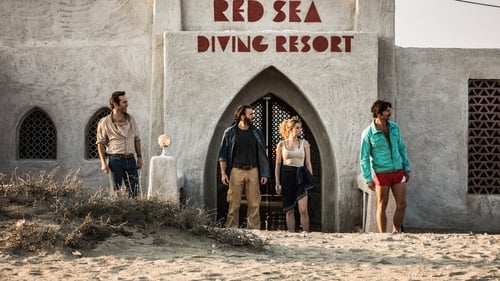
Sudan, East Africa, 1980. A team of Israeli Mossad agents plans to rescue and transfer thousands of Ethiopian Jews to Israel. To do so, and to avoid raising suspicions from the inquisitive and ruthless authorities, they establish as a cover a fake diving resort by the Red Sea.

Following a grueling five-week shift at an Alaskan oil refinery, workers led by sharpshooter John Ottway, are flying home for a much-needed vacation. But a brutal storm causes their plane to crash in the frozen wilderness, and only eight men, including Ottway, survive. As they trek southward toward civilization and safety, Ottway and his companions must battle mortal injuries, the icy elements, and a pack of hungry wolves.
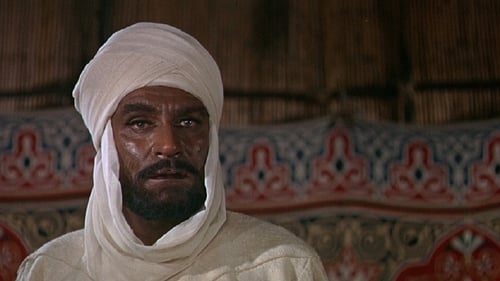
English General Charles George Gordon is appointed military governor of Anglo-Egyptian Sudan by the Prime Minister. Ordered to evacuate Egyptians from the Sudan, Gordon stays on to protect the people of Khartoum, who are under threat of being conquered by a Muslim army.
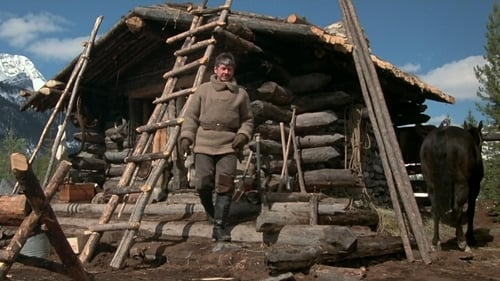
Yukon Territory, Canada, November 1931. Albert Johnson, a trapper who lives alone in the mountains, buys a dog almost dead after a brutal dogfight, a good deed that will put him in trouble.
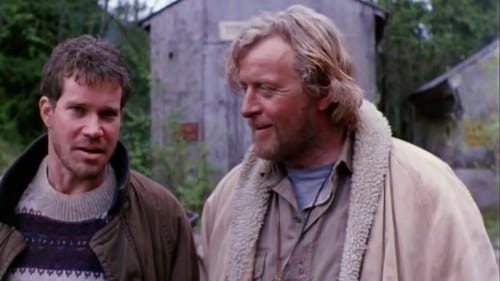
Eric Desmond, a committed environmentalist, is accidentally involved in the transfer of Ben Corbett, a ruthless killer, from an isolated Alaskan village, along a long route, to civilization; but the prisoner is determined to escape at any cost.
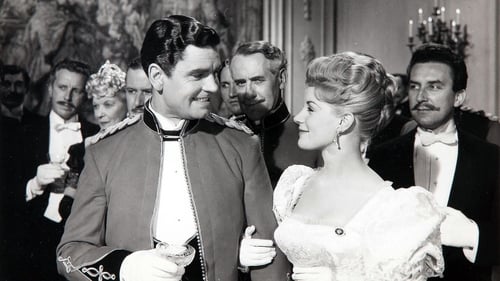
In 1885, while his regiment is sent to the Sudan to battle the rebellious Dervish tribes, British Lieutenant Harry Faversham resigns his officer's commission in order to remain with his fiancée Mary Burroughs in England. His friends and fellow officers John Durrance, Peter Burroughs and Tom Willoughby brand him a coward and present him with the white feathers of cowardice. His fiancée, Mary, adds a fourth feather and breaks off their engagement. However, former Lieutenant Faversham decides to regain his honor by fighting in the Sudan incognito. Re-used a great deal of stock footage from The Four Feathers (1939), including the entire final battle sequence.
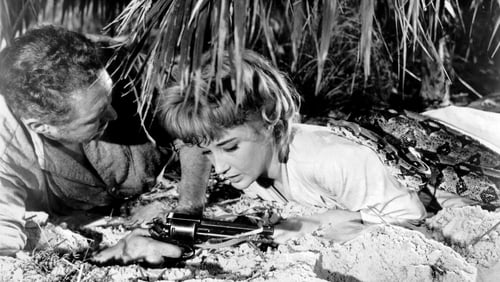
A British soldier escapes from 1880s Khartoum and goes down the Nile river with a fellow soldier, a governess and the daughter of an emir.

How African artists have spread African culture all over the world, especially music, since the harsh years of decolonization, trying to offer a nicer portrait of this amazing continent, historically known for tragic subjects, such as slavery, famine, war and political chaos.

A group of exceptional young ladies in Khartoum are determined to play football professionally. They are prepared to defy the ban imposed by Sudan's Islamic Military government and they will not take no for an answer. Their battle to get officially recognized as Sudan's National Woman's team is fearless, courageous and often laughable. But their struggle is unwavering. Through the intimate portrait of these women over a number of years we follow their moments of hope and deception. Despite the National Football Federation getting FIFA funds earmarked for the women's teams, this team continues to be marginalized. However, there is a new spark of hope when the elections within the federation could mean real change of the entire system.

Gubara was proud of the first color film in African cinema, which attempts to give an African response to the city symphony genre by capturing disparate images of daily life in Khartoum and setting it to music, particularly romantic Arabic songs.

Although perhaps without foresight, Gubara seemingly set out to capture a historic picture of a city that today has completely vanished. He reveals to us the livelier place that Khartoum was before fateful circumstances turned it into a tough, surviving shell of its former self.

The elder filmmaker makes a strong statement against the practices of circumcision as they performed around Africa and particularly Sudan. The film is typical of the later Gubara films which are determined to take a stand against the tyrannies that are still keeping people down. Gubara has stated that circumcision is "Nothing more than a bad habit".

For his first feature film in many years, the legendary filmmaker from Sudan has chosen to adapt Victor Hugo's classic novel Les Miserables for an African audience in the Arab language. The esteemed actor Gamal Hassan assumes the character of Jean Valjean from who is a man driven to crime and nefarious activities after circumstances have driven him in this direction. However, with the help of others he manages an incredible transformation. Gubara clearly saw this narrative as a significant parable concerning the will to change perceived as crucial for the future of Sudan.











